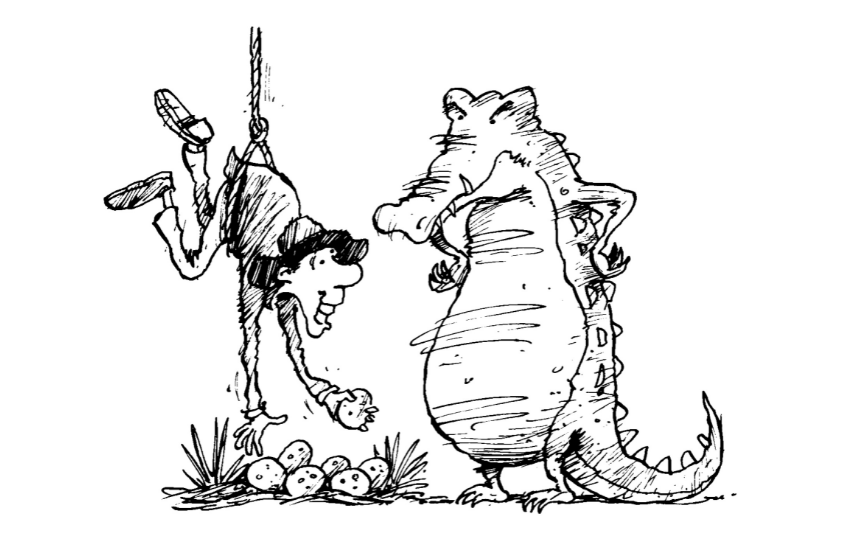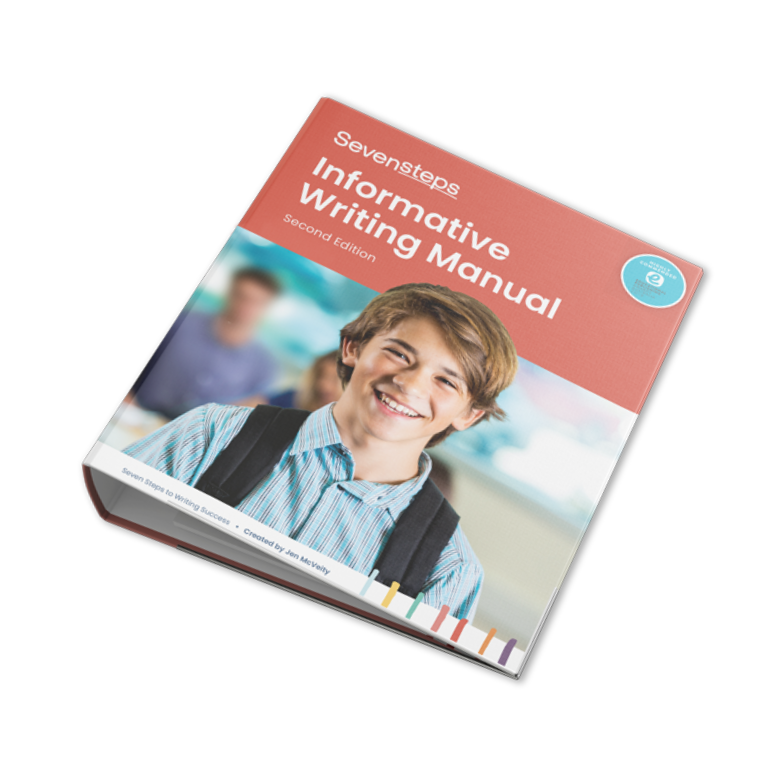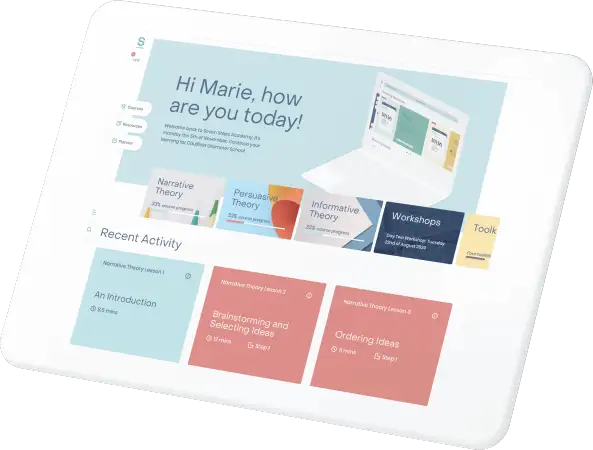Do your students write information reports that repeat the same phrases again and again?
Butterflies eat…
Butterflies are…
Butterflies live…
What a boring set of phrases – essentially a list of facts, each fact turned into a sentence!
Wouldn’t it be nice if students applied the skills and approaches they are practising in narrative writing to informative text types?
That’s just what we’re setting out to do, as we develop informative writing resources for Teacher Hub members.
A focus on skills
We conducted a focus group with an inspiring group of teachers. With their help we discussed the highlights and pitfalls of teaching informative writing.
Teachers want to teach students how to use all the writing techniques in their repertoire to write an engaging text, regardless of the text genre. ‘Banning the Boring’ (Step 6) is just as important in a science report about butterflies as it is in an imaginative narrative!
| New to Seven Steps? Discover what they are |
Fact versus fiction
Students, when faced with the task of conveying information on a topic, hear us when we tell them to stick to the facts.
Of course research skills are a core part of informative writing. But perhaps the imperative to sort fact from fiction closes down many students’ creative side – so that even though they can write Sizzling Starts (Step 2) and Tighten the Tension (Step 3) in persuasive or narrative writing, their information reports fall back on dull, repetitive sentences.
| [Related blog]: Facts can be as fun as fiction |
Testing and telling
Informative writing has not been tested by NAPLAN, but it is one of the text types in the Australian Curriculum and is a crucial part of primary writing practice.
Check out the NAPLAN Writing Guide.
Informative resources
We have gathered and created resources, showing how the Seven Steps can effectively be applied in informative writing genres such as a science report, news article, factual recount or letter. Here’s some of our free informative resources:
Action Activity
Try this Action Activity below for Step 3: Tightening Tension in audio factual recounts.

As a class, listen to ABC Darwin’s radio piece ‘As extreme as it gets – Crocodile egg collecting’ at: www.abc.net.au/local/photos/2012/07/10/ 3542896.htm. (Please note, it would be best to turn the accompanying slideshow off for the first run through at least.)
In groups of four, identify the moments of tension in this account. What might have happened? How did the text build tension and what were the key moments of tension?
Students use the ideas from the group brainstorm to write their own tension scene.
| [Related blog]: Have fun with factual writing |

Bring factual writing to life
The Seven Steps Informative Writing Manual and Teacher Hub training and resources help you bring informative writing to life. In fact, the Informative Writing Manual won the Highly Commended award at the Educational Publishing Awards Australia 2019!

Become a Seven Steps member


